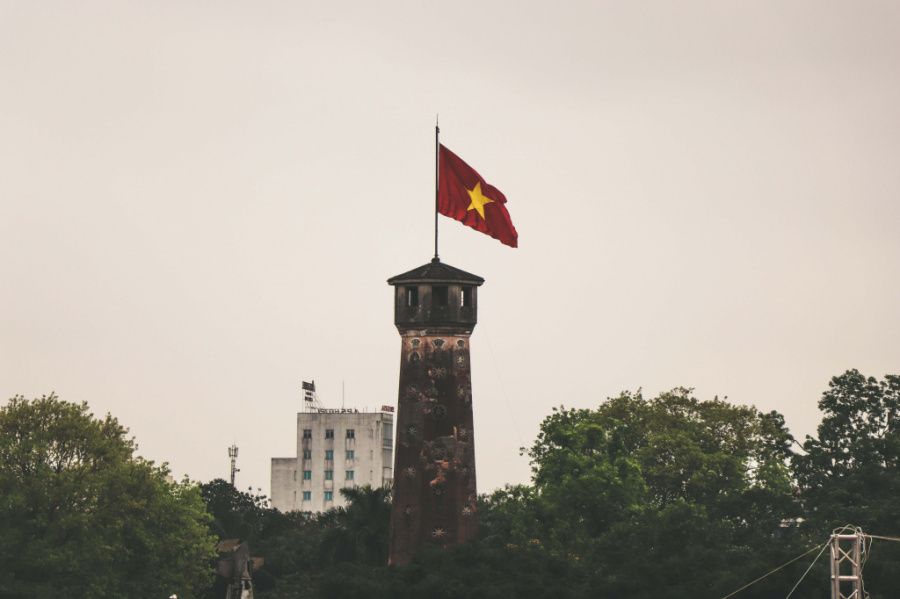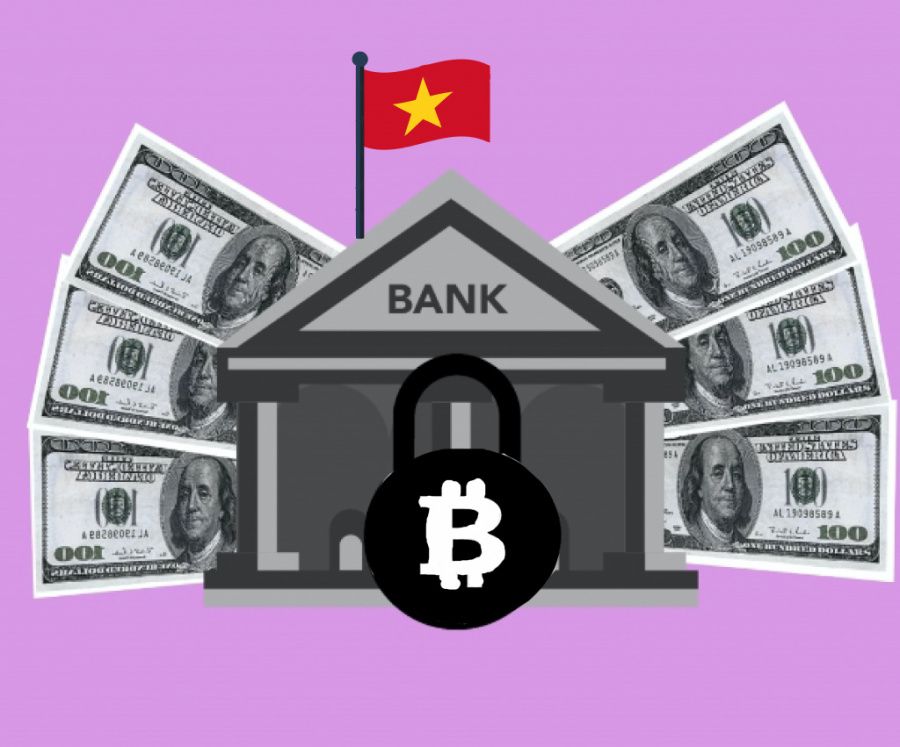22% of Vietnamese Citizens Use Cryptocurrency Amidst Regulatory Pressure
Updated: May 04, 2021 at 14:57

The Socialist Republic of Vietnam is one of the biggest Bitcoin users in the world and the cryptocurrency industry is growing at a high speed in this Southeast Asian country. Around 22% of the citizens own or transact with cryptos.
When Bitcoin was launched in 2009, Vietnamese didn’t have full knowledge of how this technology works. The citizens first paid less attention to it but they had to study and see its potential. The first Bitcoin transaction in the country was registered in late 2013 via a pioneering digital asset startup Bitcoin Vietnam in collaboration with an online cryptocurrency broker in Israel Bits of Gold.
Changing attitudes
The crypto users in Vietnam started to appreciate the benefits of making transactions using digital currencies such as lower transaction fees, no chargebacks, unprecedented trust between crypto companies and their customers, no inflation, quick receipt of money than via legacy financial institutions, and many others. All these benefits positively changed Vietnamese’s attitude towards cryptocurrency. In Vietnam, digital currency is available in popular forms such as debit cards, credit cards, or mobile wallets.

The use of cryptocurrencies in the country has been growing significantly due to several factors including the cheap cost of electricity that favor the crypto mining business, existing friendly financial regulations, and others. According to the report by VietnamNews, there are over a million crypto-asset users in Vietnam with huge amounts of USD in transactions daily. Some of the crypto exchanges operating in the country include eToro, Coinmama, Ginero, Bitcoin Vietnam, VBTC that recently integrated the Lightning Network, and many others.
Among the 74 countries that were surveyed, Vietnam has the second-highest rate after Nigeria in terms of digital currency use, and this rate has increased majorly due to the growth of remittance payments in the country, according to the report by Statista. Even though the State Bank of Vietnam (SBV) has gone ahead to warn that owning, trading and using digital currency is risky and not protected by laws, the research by Statista revealed that more than 22% of the population in Vietnam use or own cryptocurrency.
Legal uncertainty
The ease of doing cryptocurrency business is still at stake in Vietnam caused by many factors including the language barrier issue. The local people who don’t speak English find it hard to use crypto wallets or other cryptocurrency services to transact.
Besides, issuing, supplying, or using cryptocurrency as means of payment is an act prohibited in the country. Bitcoin and other forms of cryptocurrencies aren’t considered legal means of payment in Vietnam since cryptocurrency is not defined as a currency or as a means of payment. However, no single person has been arrested for using Bitcoin or any form of digital currency, meaning that the ban is mostly formal.

Nevertheless, the financial watchdogs are on the alert. Back in 2017, FTP University had accepted its foreign students to pay tuition using Bitcoin but the Vietnamese state bank stopped this move. The institution went ahead to warn that whoever was caught violating the law (paying using crypto such as BTC) would pay a fine of VND 150 million (about USD 6,500) to VND 200 million (approx. USD 8667).
Prospects for the future of crypto
However, the future of digital currencies seems to be promising. The country’s central bank is doing everything possible that could help the country promote intra-regional integration, economic and financial connectivity.
The two initiatives dubbed "Sustainable finance in ASEAN" and "Promoting regional payment connectivity" have so far been introduced. Within both initiatives, CBDC has been proposed as fuel for digital transformation and technological innovations in the country’s financial and banking industry.
But to ensure the growth of the industry, the government needs to properly regulate the digital currency sector instead of deeming it illegal. This would give a chance for fintech innovations including cryptocurrency to prosper.
Price
News
Price
Price
News

(0 comments)